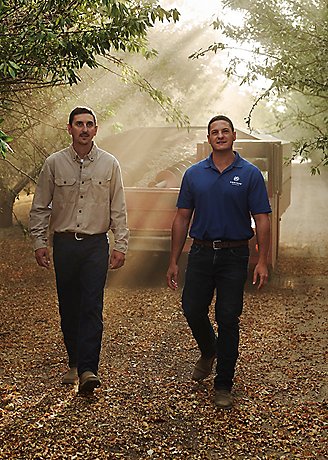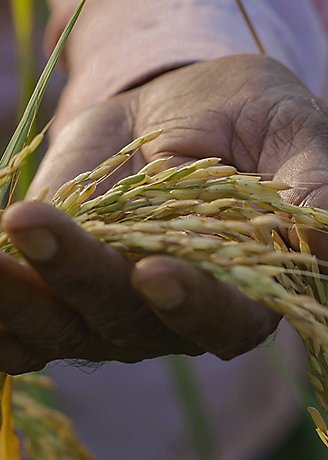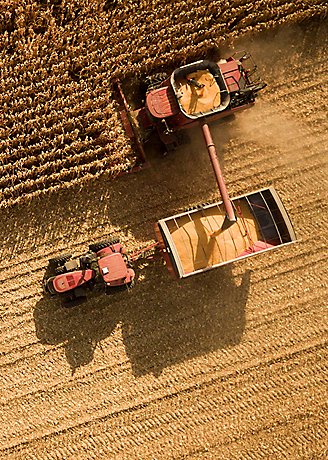Advancing Climate Smart Agriculture
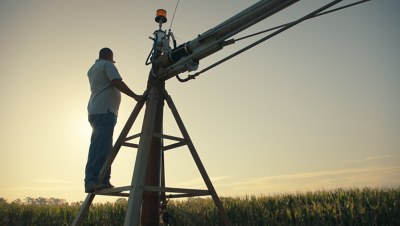
By adapting ancient practices to modern needs and coupling them with the latest technologies, farmers are securing the food supply and the future of humanity. In essence, Climate Smart Agriculture.
Explore These Climate Smart Stories
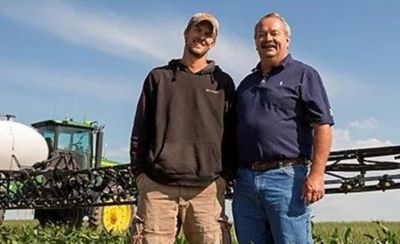
Sustainable Agriculture
Sustainable practices such as no-till, more frequent crop rotation, cover cropping, integrating grazing and croplands, and others aren’t just good for the planet. They help improve yields and farmer profits.
Climate Positive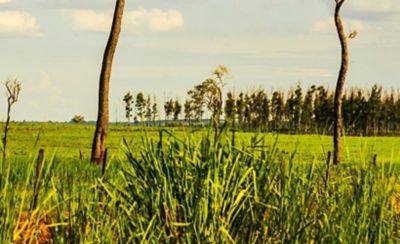
In Pursuit of Sustainable Agriculture
Camila Ribeiro is emblematic of a new breed of enthusiastic agricultural researchers working to build a new, sustainable, and farmer-focused future for agriculture.
In Pursuit of Sustainable Agriculture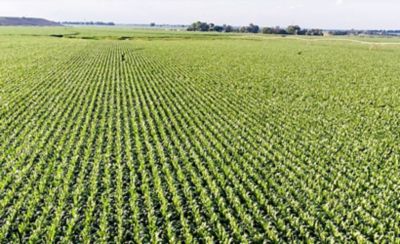
Sowing the Sustainable Mindset
Conservation agriculture is a self replenishing, carbon-sequestering system of soil, crop, nutrient, weed, pest, and water management practices. Practicing it, even on large farms, can dramatically improve the soil and provide big boosts in yields—all with lower input costs.
Sowing the Sustainable Mindset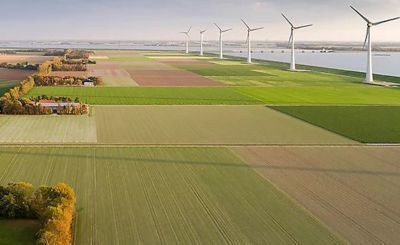
Sustainable Intensification
Closing the Crop Yield Gap. We need to produce significantly more food by 2050 to feed a growing population. Sustainable intensification—the art and science of producing more food on the same amount of land, without negatively affecting the environment—just might be the answer.
Sustainable Intensification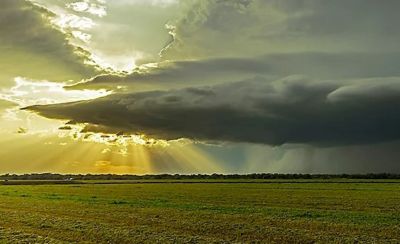
Climate Change
The frequency of dramatic weather events, rising temperatures, droughts, flooding, and more are on the rise—and so is the demand for food. But erratic weather patterns are impacting farmers all over the world. Here’s how they’re fighting back.
Climate Change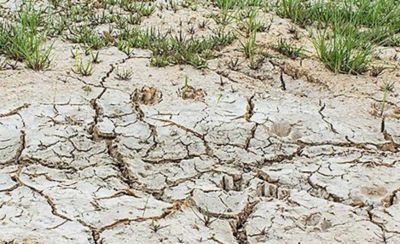
Water in Ag Adapting to a Changing Climate
Two countries—The Netherlands and South Africa—are the at the polar extremes of water availability. One has too much, the other has too little. The lessons learned from these two growing regions can help farmers in the rest of the world, too.
Shared Food, United Planet
The tremendous variety of food on your table depends on trade deals around the world.
More articles
Double Cropping Ensures Higher Yields and Output

Planting multiple crops in the same growing season is a common practice in some parts of the world, but a changing climate and new seed technology are opening up new farms to double cropping.
Food Sovereignty: Food Sustainability and the Balance to Feed the World

The food sovereignty movement wants control over the food system to remain in the hands of farmers, but many proponents reject the technologies that enable farmers to feed the world’s growing population. An all-hands-on-deck approach can enlist farmers and others in the food system to ensure food security for all.
Securing Food through Sorghum

Sorghum, a drought-resistant, nutritious, and gluten-free grain, has real potential for fighting world hunger and malnutrition—especially in Africa.
GAP Listicles

The Global Agricultural Productivity report is flashing some warning lights for the world’s food supply, and every farmer needs access to the tools that can increase productivity sustainably.
